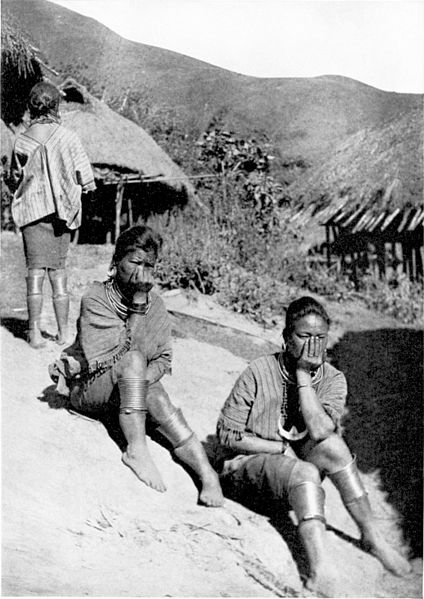Infinite photos and videos for every Wiki article ·
Find something interesting to watch in seconds
Wars and Battles
Celebrities
Great Museums
Orders and Medals
Great Artists
Rare Coins
Animals
Famous Castles
Largest Palaces
Great Cities
Recovered Treasures
History by Country
Presidents
Sports
Ancient Marvels
Supercars
Countries of the World
Wonders of Nature
Tallest Buildings
Crown Jewels
British Monarchs
Kings of France
World Banknotes
Largest Empires
Best Campuses
Richest US Counties
more top lists



